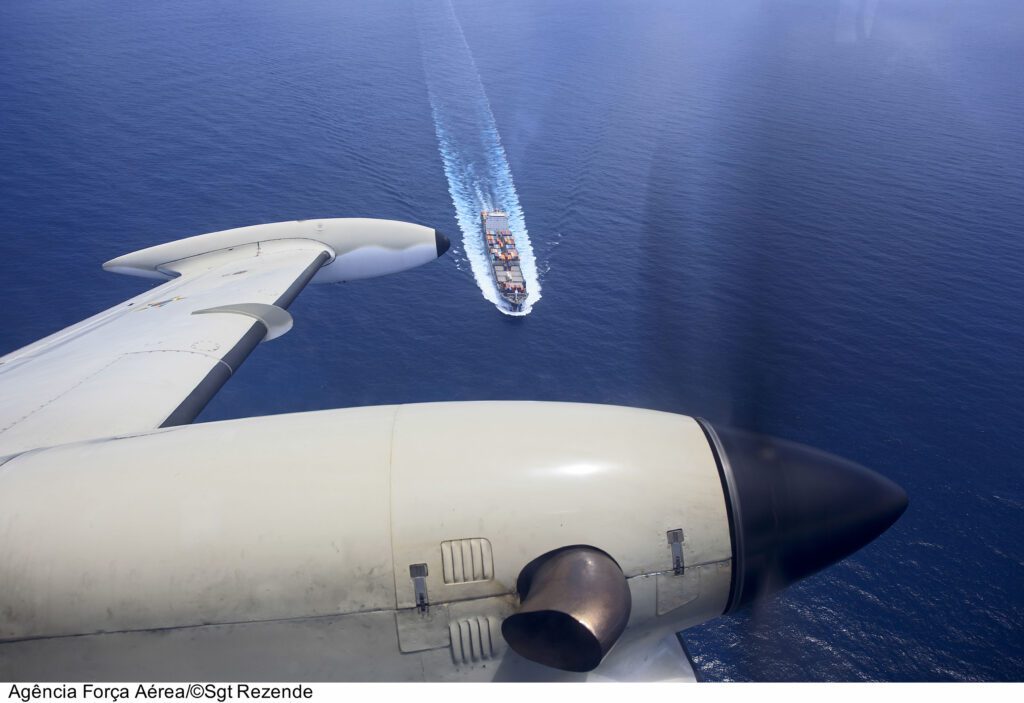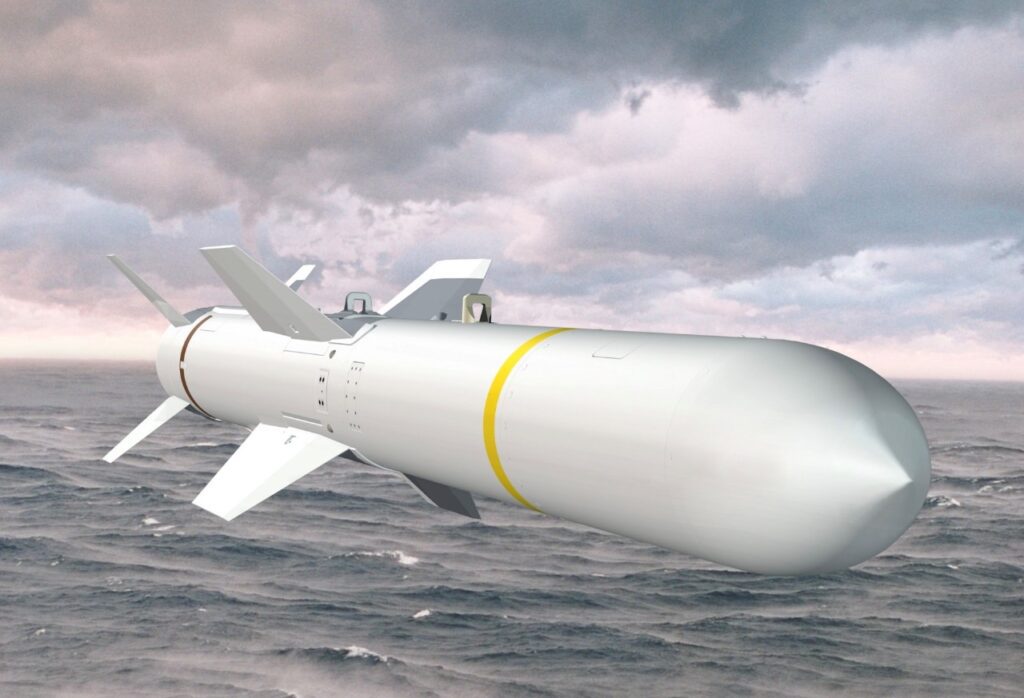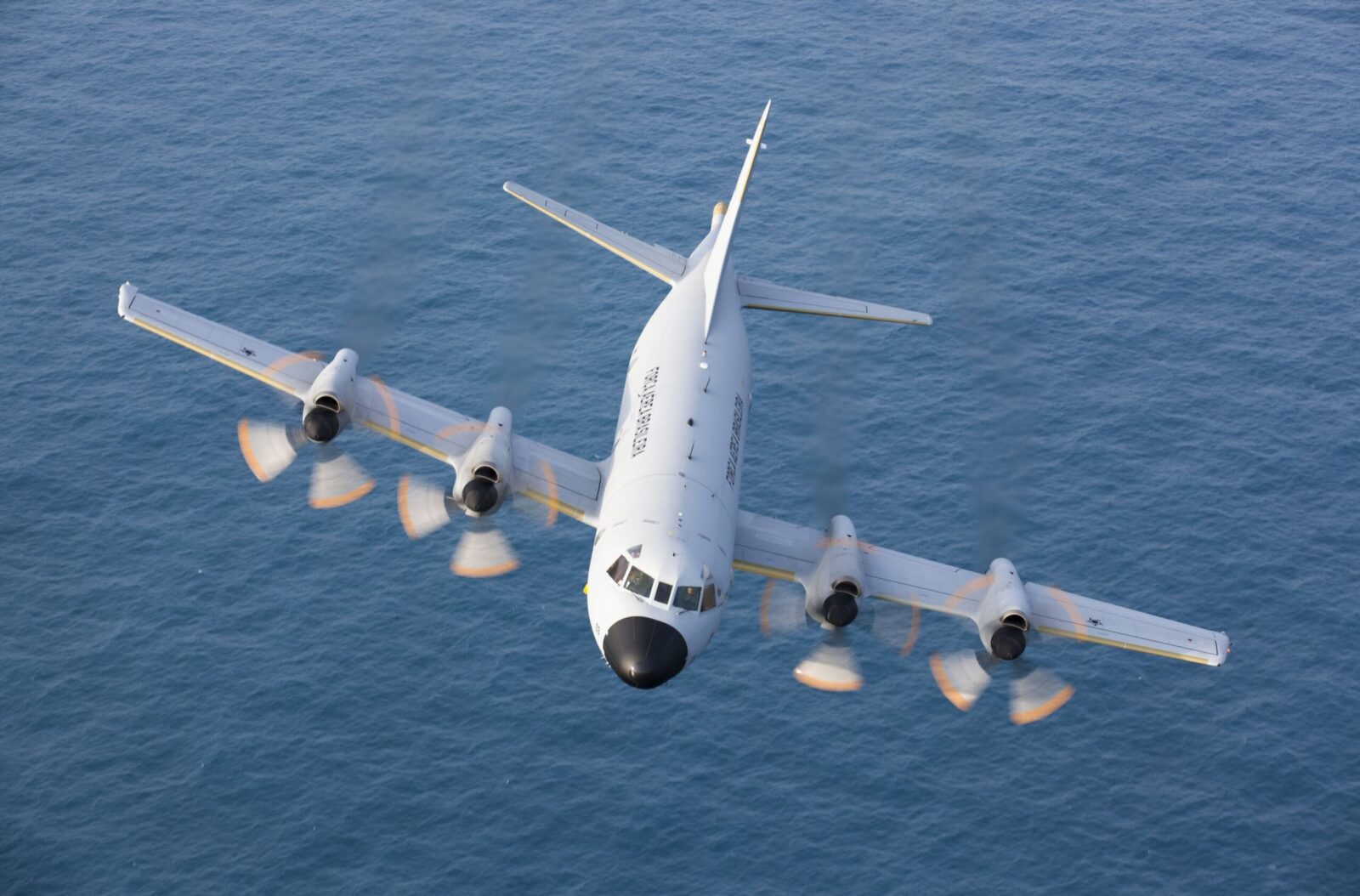To watch and protect, 24 hours a day, an area of approximately 13.5 million square kilometers. This is the mission of the three squadrons that make up the Patrol Aviation of the Brazilian Air Force
Agência Força Aérea, por Tenente Marayane Ribeiro E Major Oliveira Lima
To watch over and protect, 24 hours a day, an area of approximately 13.5 million square kilometers. This is the mission of the three squadrons that make up the Patrol Aviation of the Brazilian Air Force. On May 22, 1942, Brazilian pilots used a B-25 Mitchell aircraft to attack, during World War II, the Italian submarine Barbarigo, which, four days earlier, had launched torpedoes against the Brazilian merchant ship Comandante Lyra, which resulted in Brazil’s entry into the conflict. From then on, FAB began covering the entire national coast.
Patrolling
The Brazilian coast is responsible, for example, for the surveillance of the Brazilian Exclusive Economic Zone, located in the Atlantic Ocean, where the largest national oil reserves are found. The Commander of the Third Squadron of the Seventh Aviation Group (3°/7th GAV), Lieutenant-Colonel Aviator Ciro Appip Lambiase, explained that, in these areas, the actions that stand out the most are Maritime Patrol and Search and Rescue (SAR). “This way, we can control the area over the Atlantic Ocean and defend our coastline, contributing to the Air Force mission and to the Brazilian nation,” he said.
In several actions, the 3rd/7th GAV, located in Belém (PA), is called upon to act in the surveillance of illegal activities of vessels or in environmental accidents. It was during a training mission, in 2021, that the Neptune Squadron was informed by the Brazilian Navy (MB) that there was a vessel stranded on a sandbank at the mouth of the Tocantins River. After receiving the coordinates of the area of possible disaster, the pilots left the training area and engaged in the search for the vessel. The information was passed on to the MB Patrol Vessel, which headed to the area and rescued the crew.
Still within the Patrol mission, the Second Squadron of the Seventh Aviation Group (2º/7º GAV), located in Canoas (RS), is also responsible for the surveillance of the Brazilian territorial sea, detecting, locating and identifying national and or foreign vessels in coordination with the MB, allowing measures to be taken against vessels engaged in illicit activities, such as the dumping of pollutants, smuggling or illegal fishing. “The Phoenix Squadron has been ostensibly patrolling the jurisdictional waters of Brazil, in order to prevent the commission of illegal and predatory acts. In addition, it keeps teams ready and on standby permanently, which carry out Search and Rescue actions,” explained the Phoenix Squadron Commander, Lieutenant Colonel Alexandre Tadeu Ferreira da Silva.
Interception

In March 2022, the Aerospace Operations Command (COMAE) engaged one of the Patrol Aviation Squadrons to carry out Operation Atlantic, jointly with the Navy, from the Salvador Air Base. The operation consisted of routine patrol flights along the Brazilian coast. However, the mission soon evolved into a relentless search for a suspected smuggling vessel.
During the action, which lasted several days, the crew of the P-95 Bandeirulha aircraft made positive visual contact with the vessel suspected of illicit involvement, whose position was immediately passed on to the naval authorities involved. Consequently, in coordinated action with the Federal Police, the MB, through its Imperial Sailor Class Corvette, intercepted the vessel and took it to the Port of Salvador. After seizing the cargo, it was found that the vessel was smuggling about 90 tons of cigarettes of unknown origin.
Surveillance aboard the P-3 aircraft
It is aboard the aircraft P-3 AM Orion that the First Squadron of the Seventh Aviation Group (1°/7th GAV), located in Rio de Janeiro (RJ), also keeps watch over the national coast. In 2021, the year that marked the 10th anniversary of the aircraft’s incorporation to FAB, Akaer Group delivered the first pair of P-3 wings completely overhauled. The procedure sought to extend the life of the aircraft by replacing several primary elements of the wings, such as upper liners, front and rear stringers, upper and lower panels, among other actions.
“The Patrol Aviation is an essential part in maintaining national security, because thanks to the characteristics of our multi-mission P-3AM Orion aircraft, we guarantee Brazil great dissuasive power, with the resumption of anti-submarine warfare capabilities. We can employ a range of torpedoes as well as the Harpoon anti-ship missiles,” said the Commander of the 1/7th GAV, Lieutenant Colonel Cicero Vieira Ramos.
Harpoon Missile

Equipped with the P-3 aircraft, the Harpoon missile came to help even more in the protection of the Brazilian territorial sea. With a range of over 124 km, the weapon is 3.8 meters long and 526 kilos, and is powered by a turbine, reaching 850 km/h. The missile uses data from the launch aircraft’s systems to calculate and correct its course to the target. Once launched, the Harpoon flies close to the sea to avoid detection.
The warhead alone has 226 kilograms of explosive material, enough for the Harpoon to cause enough damage to sink a ship.
With the Harpoon and other tools that integrate the Patrol Aviation, FAB has a game-changer system of patrol and defense, offering ample deterrent power and unquestionable combat capability to the aircraft that watch over and protect the national territory.
FAB launches video in honor of Patrol Aviation Day

The Brazilian Air Force (FAB) pays tribute to those whose mission is to watch over and protect, 24 hours a day, an area of approximately 13.5 million square kilometers: the Patrol Aviation, remembered on May 22. In the video, FAB shows the evolution of the aircraft that make up the Patrol Squadrons, which in 2022 will complete 80 years of operation.
The Patrol Aviation Day refers to a training mission in the northeast coast of Brazil, in 1942, when a B-25 Michell aircraft, commanded by Captains Parreira Horta and Oswaldo Pamplona, attacked the Italian submarine Barbarigo, which had made several incursions in our territorial waters. This historic event, in which the Patrol Aviation had the honor of carrying out the first attack on the enemy, is considered the baptism of fire of the FAB.
***English version by Defconpress
